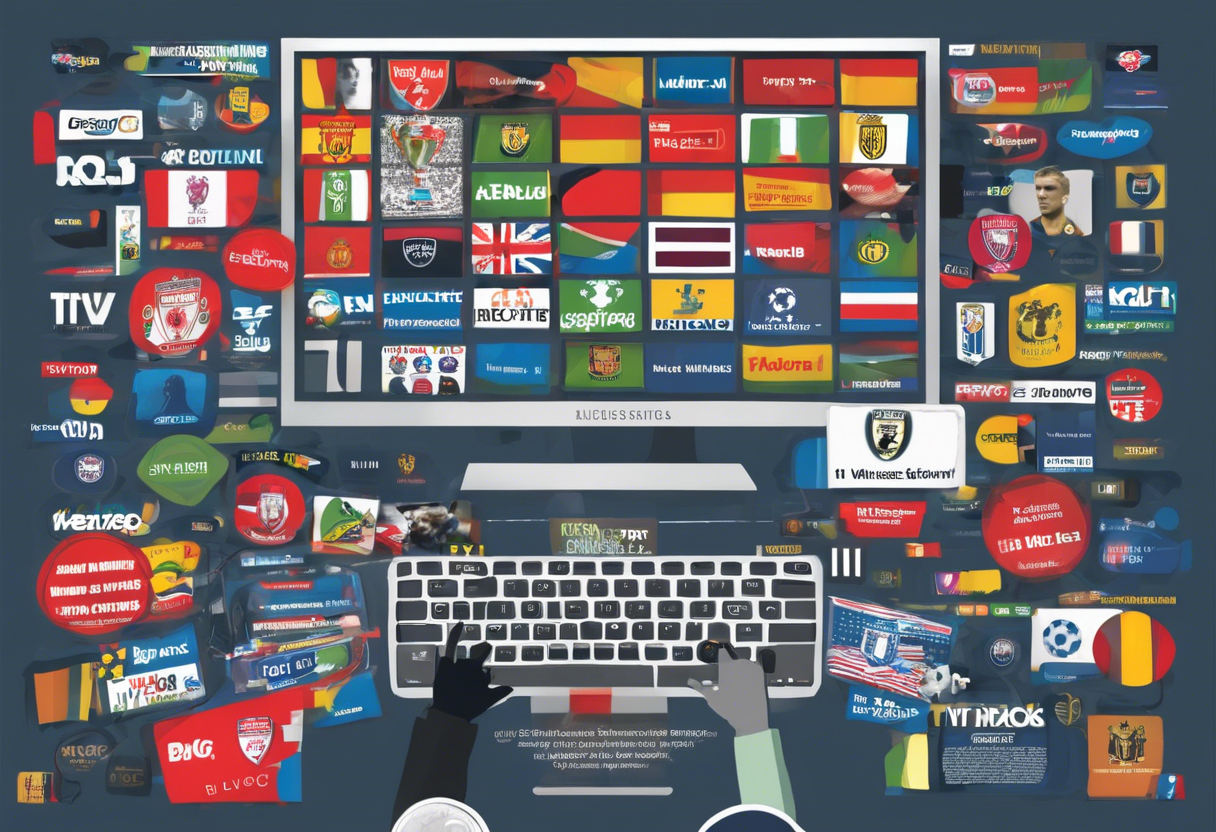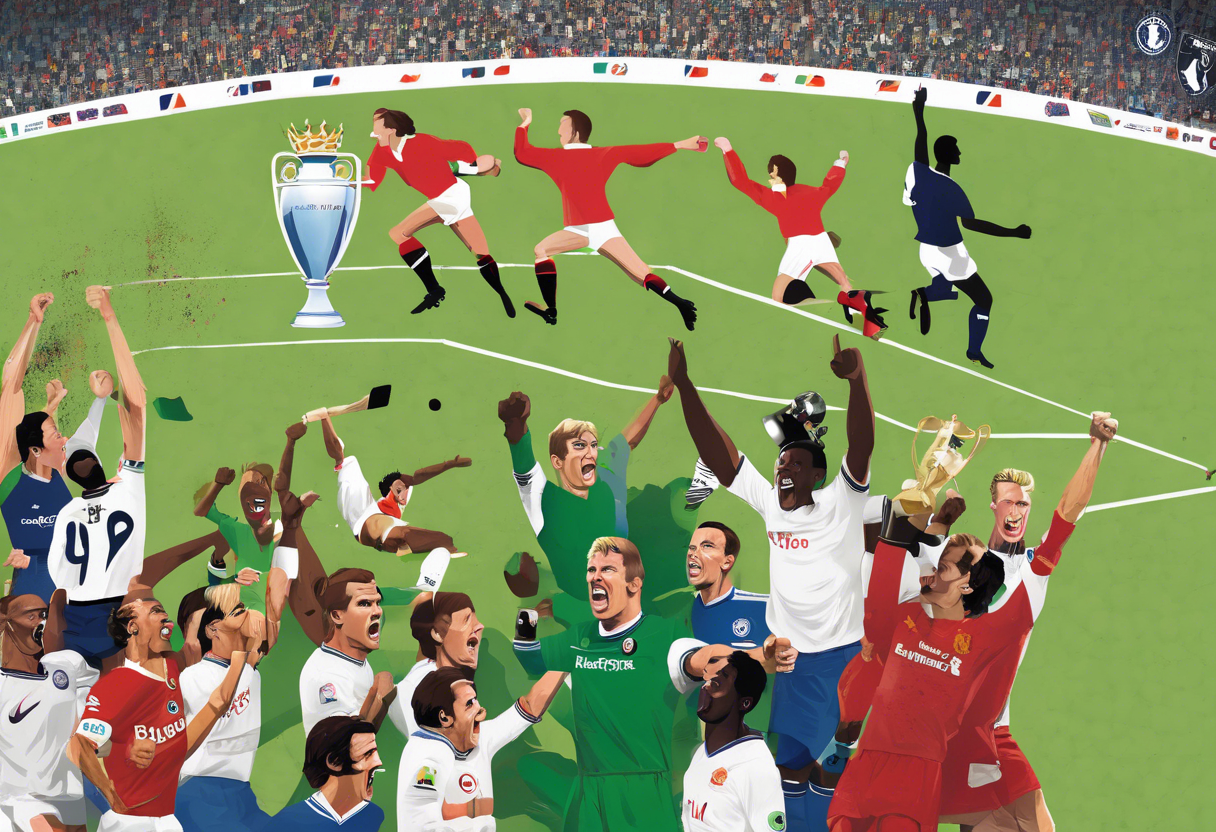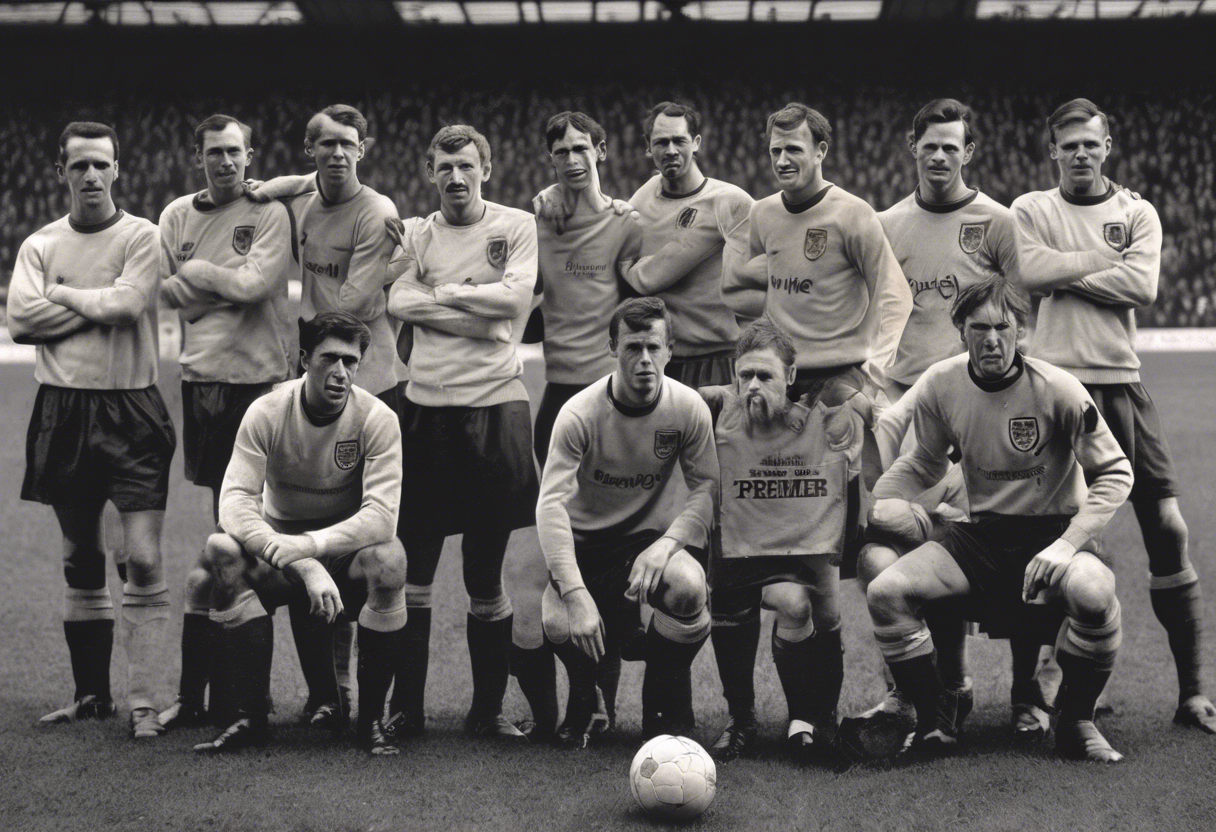In the 1990s, English football was struggling financially. Clubs were facing financial difficulties and were struggling to attract top talent due to low wages and limited resources. However, everything changed when the Premier League, previously known as the Football League First Division, decided to break away from the rest of the football league and establish itself as a separate entity. At the heart of this separation was the revolution of TV rights.
With the increasing demand for live sports content, the Premier League saw an opportunity to strike a lucrative deal with broadcasting companies. This resulted in a massive influx of money into the league, giving clubs the financial resources to attract the best players in the world and compete on a global level. This also led to a significant increase in the popularity of the Premier League, with fans from all around the world tuning in to watch the top teams battle it out on the field. The impact of TV rights cannot be underestimated, as it completely transformed the financial landscape of English football and propelled the Premier League to become one of the most watched and supported leagues in the world.
Not only did the TV rights deal bring in more money for clubs, but it also allowed for significant investments in youth academies and state-of-the-art facilities. This led to an increase in homegrown talent and the development of young players, strengthening the overall quality of the league.



